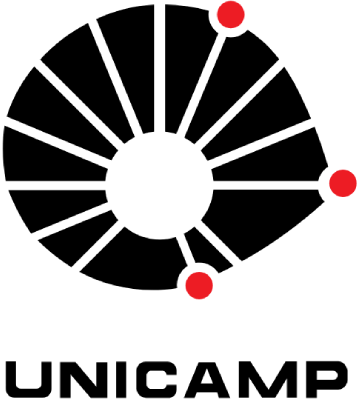Book Review GHINS, Michel. Scientific Realism and Laws of Nature: A Metaphysics of Causal Powers. (Springer, 2024, xviii + 211 pp.)
Resumo
The book Scientific Realism and Laws of Nature: A Metaphysics of Causal Powers (henceforth, SRLN) has two main points: (1) a defense of scientific realism in terms of a bottom-up approach, as an alternative to the explanationist top-down account grounded on theoretical virtues; (2) a defense of a dualist metaphysics of nature according to which there are categorical properties and natural powers. Michel Ghins divides the book into five chapters. In chapter one, Ghins defends what he calls a synthetic conception of theories, i.e., the claim that theories consist in both propositions (syntactic part) and models (semantic part). Furthermore, he claims that models have two roles: they make true the laws of the theory and represent the structures of properties. In chapter two, he develops a reply to “the loss of reality objection” to models, i.e., the claim that models cannot represent any external entities. He also defends a correspondentist account of truth, grounded on the existence of truthmakers. Besides, Ghins analyzes Putnam’s “no miracle argument” and concludes that realism is a philosophical, not a scientific position. In chapter three, he develops his bottom-up strategy for justifying scientific realism and also addresses some possible objections usually made to realist approaches in general. In chapter four, he establishes a distinction between categorical and dispositional properties. Furthermore, he argues for the necessity of laws, in some sense that is distinct from the necessity of logical truths, and that distinguishes laws of nature from merely accidental true statements. In chapter five, Ghins vindicates a neo-Aristotelian dualist metaphysical approach of causal powers as a way for grounding his theory. Natural powers make scientific laws necessary in the special sense he claims, a kind of necessity that is stricter than the logical one. Ghins’s defense is well articulated and it involves a very comprehensive project. He couples a defense of scientific realism with an underlying metaphysics of causal powers and nature that presents an account for his bottom-up strategy for grounding scientific knowledge, and our consequent approximation from truth inasmuch as theories are developed and replaced. Given the richness of Ghins’s book, and the many themes he addresses in it, it would require me to write a new book in order to address everything that is discussed. In this review, then, I will limit myself to present Ghins’s argumentation on the subjects I chose to discuss and, then, present some critical remarks, following the schematization of the two main points I highlighted in the beginning of this review.
Membros



